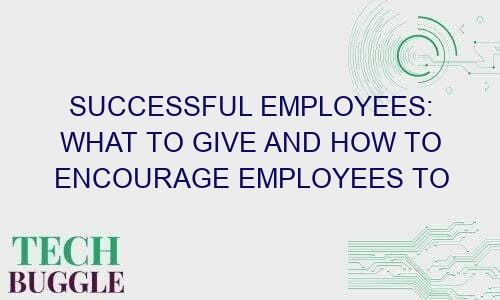One of the ways to increase employee loyalty and productivity is positive reinforcement and rewards as generous as those that are available at Hellspin Casino. Let’s find out how these tools work from the point of view of psychology, why it’s important to encourage remote employees and what “prizes for good work” are appropriate.
What Is Positive Reinforcement?
Positive reinforcement is creating incentives to complete tasks right during the workflow. Some examples of such “reinforcements” include:
- Comfortable working conditions.
- Good relations with colleagues.
- Positive evaluations from management.
Thanks to positive reinforcement, a person begins to feel their value and significance.
Positive reinforcement works well if it becomes the basis of the work process, when the company regularly invests in improving working conditions, creating a favorable environment in the team. In this case, a person has a strong association between work and pleasant experiences. They invest in the process with great pleasure, and it’s easier for them to return to routine tasks.
From a neurobiological point of view, positive reinforcement is closely related to dopamine, a neurotransmitter that is responsible for motivation. It’s produced when a person enjoys what he or she is doing, and in the long run creates anticipation of receiving a new portion of that experience.
What Is Negative Reinforcement?
Negative reinforcement is a method of motivation where a person seeks to do a job to avoid unpleasant consequences. For example, an employee strives to show up to work on time for fear of being penalized for being late. Elements of negative reinforcement can be found in any company, but if it becomes the main element of motivation, it can have a negative impact on the company.
This form of motivation only works in the short term. Employees driven by fear of punishment may obey, but they have less strength and energy due to high levels of anxiety. Such people aren’t ready to show initiative, wait for the end of the working day, work for the sake of the process, not for the sake of getting results. They have a high level of internal resistance, negative expectations towards work.
What Is Encouragement and Why Is It Important?
Incentives are used to create motivation, when a person strives to do their work well in the expectation of receiving some additional bonuses and rewards. Unlike positive reinforcement, incentives are given to the employee based on the results of the work performed, rather than during the course of the job.
Types of rewards:
- Material (bonus, discounts from partners, gifts).
- Social (verbal and non-verbal, like a nod or praise).
- Active (joint activities, corporate events).
They work best in combination. A person needs to feel that they are cared for and that they are in a stable environment. Incentives also help show that an employee’s work is meaningful. This method of motivation works well both in the short and long term, and helps to retain employees.
It’s important that the system of incentives should be permanent and obey the rules, and be understandable to employees. For example, it’s important to explain the bonus system to all employees: what they are awarded for and how they are calculated. Perhaps all bonuses should be divided by indicators. For example, it could be a bonus for safety, or for output, or for absence of errors for a long time, etc.
Why Is It Important to Encourage Remote Workers?
Employees who work remotely can be demotivated if they don’t get feedback, feedback on their work, if there are no rewards. They have more distractions and thus need more effort to keep their focus on the workflow. To increase their productivity and engagement, utilize tangible and intangible ways to keep them motivated.
This can be taking care of comfortable and thoughtful services for work. Establishing common rules of entry to work, holding planning meetings at convenient times, maintaining a positive microclimate in the team. It helps remote employees work if the team has rules of non-violent communication, that is, a way of delivering information without aggression in an active or passive form.
Asking for feedback from employees helps maintain a sense of teamwork. Some companies have adopted weekly 15-minute calls with HR, who can clarify if everything is comfortable, if there are no questions or difficulties. This can be especially important for newcomers.
What Gifts Should You Choose to Increase Staff Motivation?
Give preference to universal useful gifts that employees can use in the workplace. These can be diaries, mugs, personalized flash drives, pens, organizers, lamps. You can also give employees water bottles, footrests, touchscreen gloves, smartphone sanitizers, plaids, document holders, wireless chargers and headphones.
Another option is online gifts. They have a number of advantages over traditional presentations. They can be given to employees working in the office and those who work remotely. Such gifts are easy and quick to order, they don’t require a separate storage space. Subscription to an online movie theater, delivery of groceries and goods, discounts on online consultations with doctors and insurance policies and much more. Such a gift will come in handy not only for your employees but also for their family members.

